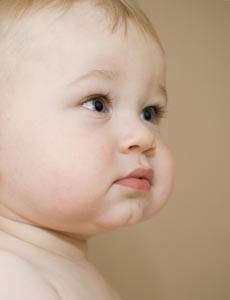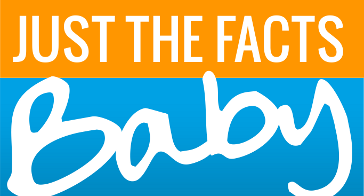BPA, Phthalates, Cold Medicine–Is your Child at Risk?

Infant cough and cold medicine
What studies say:
- 7,000 children ages 11 and younger are treated in hospitals each year because of cough and cold medications, according to a study by the Centers for Disease Control and Prevention
- the FDA issued an advisory warning parents to avoid over-the-counter cough and cold medicine for children under two
- the FDA is reviewing research for children under 12 to determine whether non-prescription medications are safe or even effective
- Health Canada is requiring manufacturers to relabel some cough and cold meds to indicate they shouldn't be given to children under age six
What to keep in mind:
"No matter what you use, it won't shorten the illness–just possibly reduce some of the symptoms, but even that is in question," says Shu. "For parents who are tempted to use meds, I ask ‘why take a chance?' As we await better studies, the safest route is to hold off on cold medicines and let the virus run its course."
What you can do:
"For children under two, I tell parents not to use any cough or cold medicines (fever reducers such as Tylenol or Advil are fine)," says Shu. "From two to 12, use meds with caution, especially between ages two and six. Use single ingredients directed toward a specific symptom, use the measuring cup that comes with the medicine and keep track of when you and other caregivers administer the medicine."
Safe cold treatments include fluids (such as water or chicken soup), steam, rest and saline nose drops, says Shu. When in doubt, consult a doctor. "Also call your pediatrician if a cold seems to be getting worse, if your child has any breathing problems (such as fast or labored breathing, not just a stuffy nose) or has a fever over 104 (or any fever that shows up suddenly after the first few days of a cold)."
